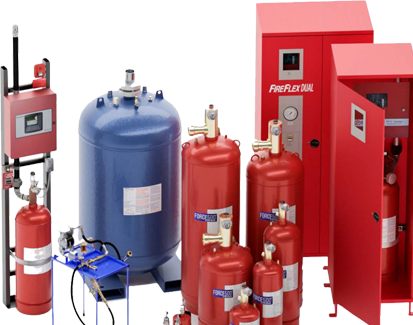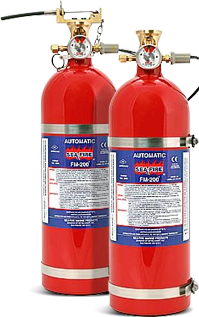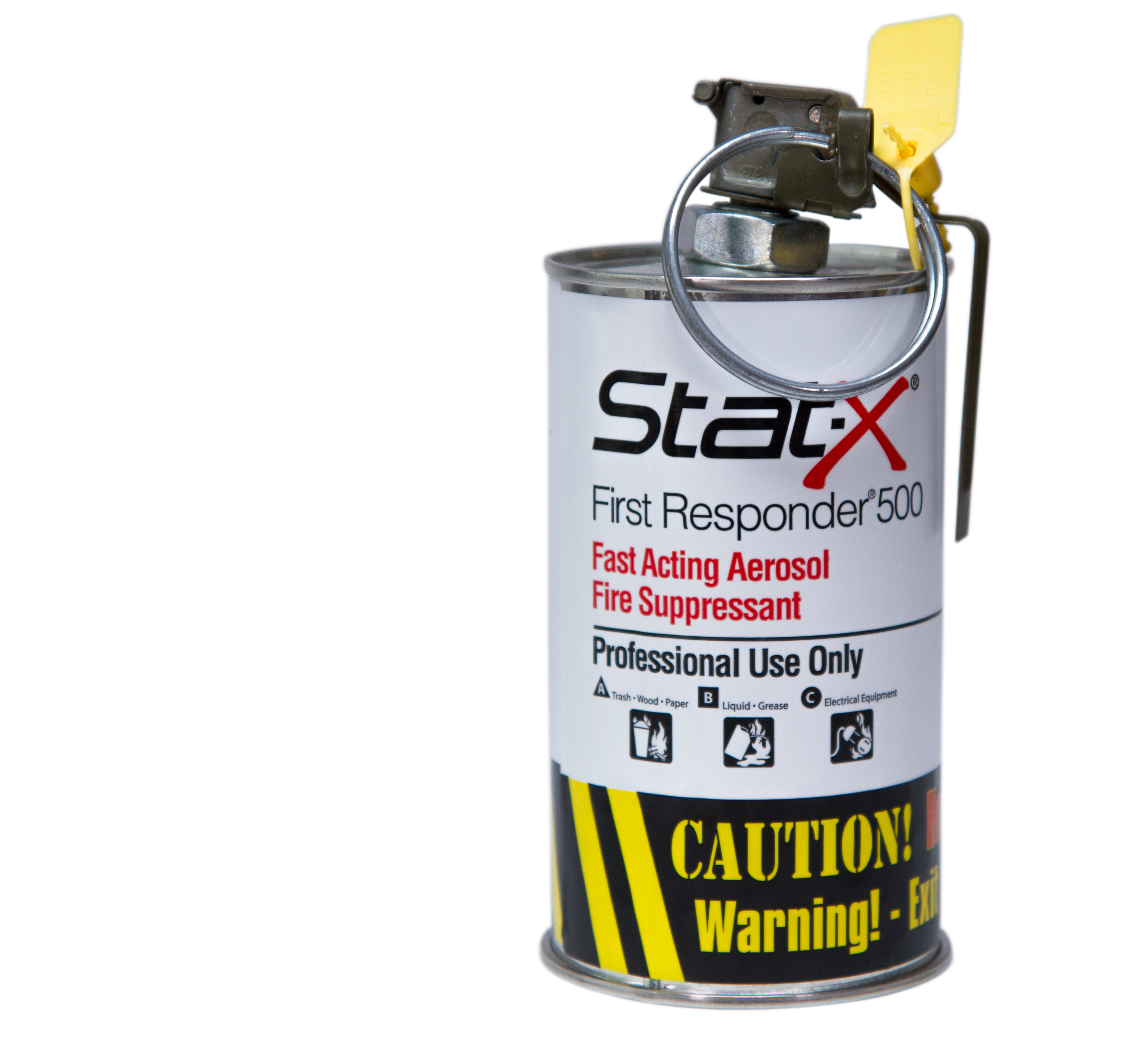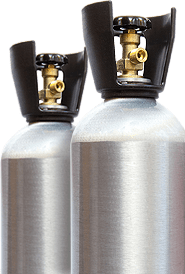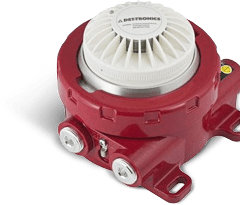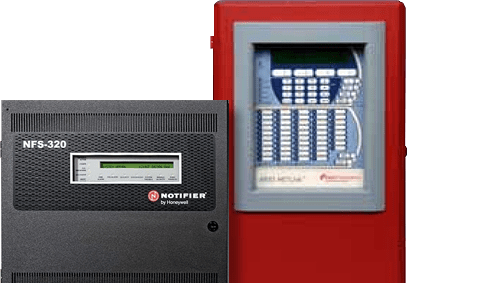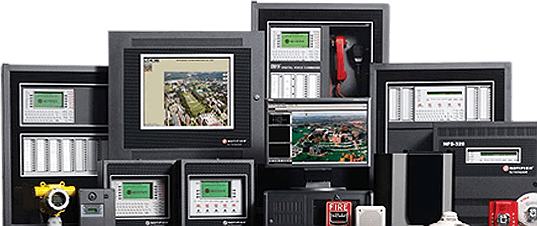Designing Fire Protection for Data Centres and Server Rooms
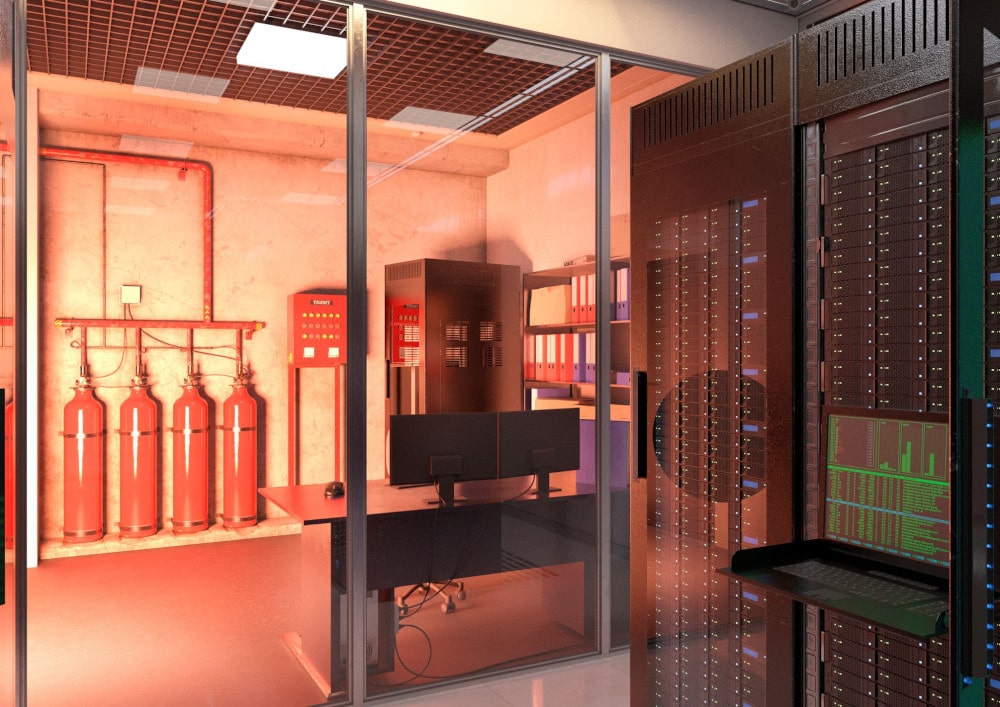
Modern day data centres and server rooms operate as the brain and central nervous system for businesses both large and small. With equipment that is equally powerful and sensitive to environmental changes, these essential systems need unique solutions for preventing fire damage. Server room suppression methods and data centre fire protection can help keep vital information from being lost that could place your business operations in danger. The unique properties of these types of fires require unique solutions and an understanding of the underlying mechanics of the up-to-date best practices concerning safety and prevention.
Understanding Fire Risks in IT Environments
Common Causes of Fires
Data centres are large amalgamations of electrical cords, power supplies, and powerful processors, all of which either conduct electricity or radiate heat. Given this environment, it is not uncommon for fires to begin with an electrical short or with machinery overheating through lack of proper ventilation or cooling systems. Even though much of the equipment in a server room isn't as flammable as traditional structures, the toxicity of the components, and the heat electrical fires can quickly generate, makes the incipient phase particularly dangerous.
Explore further
Consequences of Fire Incidents
Electrical fires have the ability to spread quickly and can damage sensitive equipment that is intolerant to even minor changes in temperature. Once lost, these pieces of intricate machinery can be extremely expensive to replace, and the information stored on them may never be recovered if the damage is too severe. Even worse for businesses that operate on narrow margins, having servers down means your entire operation is offline. Having a long enough downtown can shut a company down for good.
Fire Suppression Solutions for Sensitive Equipment
Clean Agent Fire Suppression Systems
The most widely used tool for fire suppression is water, but not only is it ineffective against electrical fires, it can do just as much damage as heat when applied to devices like computers and servers. This makes it a poor choice for data centre fire protection. Clean agent systems, such as FK-5-1-12 , provide a safer and considerably more effective solution to server room fire suppression with a minimal environmental impact. By absorbing heat rather than by displacing oxygen, this type of clean agent can be used more safely in areas where employees may also share space with machines.
Early Detection Technologies
With the importance of protecting both the equipment and the data stored inside of it of paramount importance, early detection for incipient fires is vital for preventing further damage. Very Early Smoke Detection Apparatus (VESDA) allows your fire protection system to detect threats at the earliest possible stages of growth. The sooner the system can detect smoke and flames, the sooner the problem can be extinguished and operations can continue unimpeded.
Integrating Fire Protection into Facility Design
Compliance with NFPA Standards
NFPA 75 outlines the minimum requirements when it comes to setting up your data centre and server rooms to be compliant with fire safety standards. Keeping your facility within NFPA 75 compliance will not only help hold you to the guidelines of local building codes and requirements but set you up to maintain a safe environment. Covering all aspects of IT fire detection, suppression, and prevention, NFPA 75 is an essential resource for building or retrofitting your server rooms.
Customized Design Considerations
The more machinery you have in a single room, the greater the fire load you have concentrated in one area. Consider expanding your design to include specific cooling systems to keep the temperature down on machines that are known to run hot, researching clean agent systems that can be tailored to your exact needs, and always be aware of designing your housing with adequate ventilation. For particularly sensitive or important data, you may also consider redundant backups spread across multiple rooms covered by independent systems to maximize redundancy.
Conclusion
As technology gets more and more advanced, server rooms will continue to play a large part in the success of your business. While you may rely on traditional suppression and confinement methods for other areas of your facility, sprinklers and the rapid response of your local fire department won't be enough for your data centre fire protection needs. An up to date review of best practices in the world of modern day firefighting is needed. Upgrading your setup with VESDA detection, in conjunction with your clean agent systems, will allow you to better mitigate the possible damage an electrical fire can cause. By focusing on prevention and rapid suppression, you can ensure your business continues to operate when fire incidents occur. For a consultation and compliance assessment with the new regulations, contact the specialists at Control Fire Systems Ltd. by phone or through the website form.






